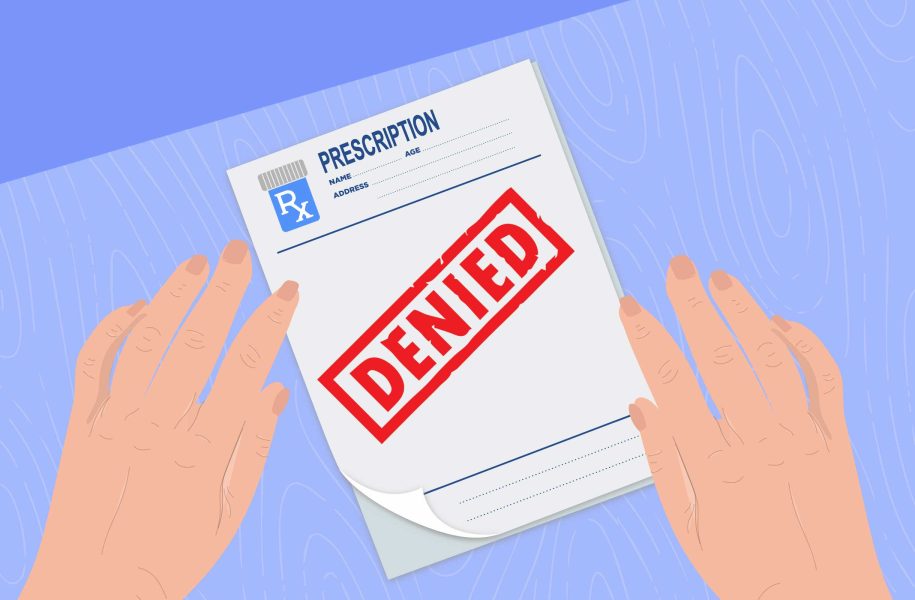OIG Issues Favorable Advisory Opinion Allowing Free Pharmaceutical Product To Patients
By Jim Hoover, Burr & Forman LLP On January 15, 2025, the Office of Inspector General (OIG) posted a favorable Advisory Opinion regarding a program to provide free access to a pharmaceutical product to patients who meet financial and other eligibility criteria and who do not have adequate coverage for the product. The Advisory Opinion […]
Fixing Prior Auths: Eliminating Barriers to Chronic Care Treatment
For patients with chronic conditions like diabetes, asthma, or heart disease, doctor-recommended long-term treatments aren’t just important—they’re a lifeline. “[I wish] insurance companies would just let providers do their job!” one frustrated mother, whose son’s asthma had been adequately controlled since he was 8, told the Association. “My son has asthma and was adequately controlled […]
Medical Association of Alabama Advancing Prior Authorization Reforms – Launches Website ALFixPriorAuth.com
Prior authorization (PA) processes have become a significant challenge for physicians, leading to delays in necessary treatments and increased administrative burdens which negatively affect patient care. Recognizing these challenges, the Medical Association of Alabama is committed to supporting comprehensive and meaningful PA reforms, both in Alabama and Washington, D.C., which build on the success seen […]
Avoid Fines and Penalties by Timely Responding to Requests for Patient Records
By: Angie Cameron Smith, Burr & Forman LLP The Office of Civil Rights (“OCR”) routinely makes announcements about enforcement actions taken against healthcare providers. One such enforcement action is a civil money penalty (“CMP”) related to a provider’s failure to timely comply with a request for medical records from a patient. So far in 2024, […]
Prior Authorization Delays ‘Disheartening’ as Patients Suffer and Wait for Care, Says Alabama Doctor
Dr. Amanda Williams, President of the Medical Association of the State of Alabama, recently spoke out on Alabama Public Television’s Capitol Journal about a new campaign to reduce delays in patient care caused by prior authorizations. Delays caused by prior authorization are a growing problem that leave frustrated patients stuck waiting for medical care their […]
FTC’s Non-Compete Ban Blocked by Federal Judge
By: H. Carlton Hilson, Amy Jordan Wilkes, and Gabriell Jeffreys, Burr & Forman LLC On August 20, 2024, a federal judge in Texas blocked a Federal Trade Commission (FTC) final rule from taking effect that would effectively ban most employee non-compete agreements. The rule, which was set to take effect on September 4, 2024, would […]





